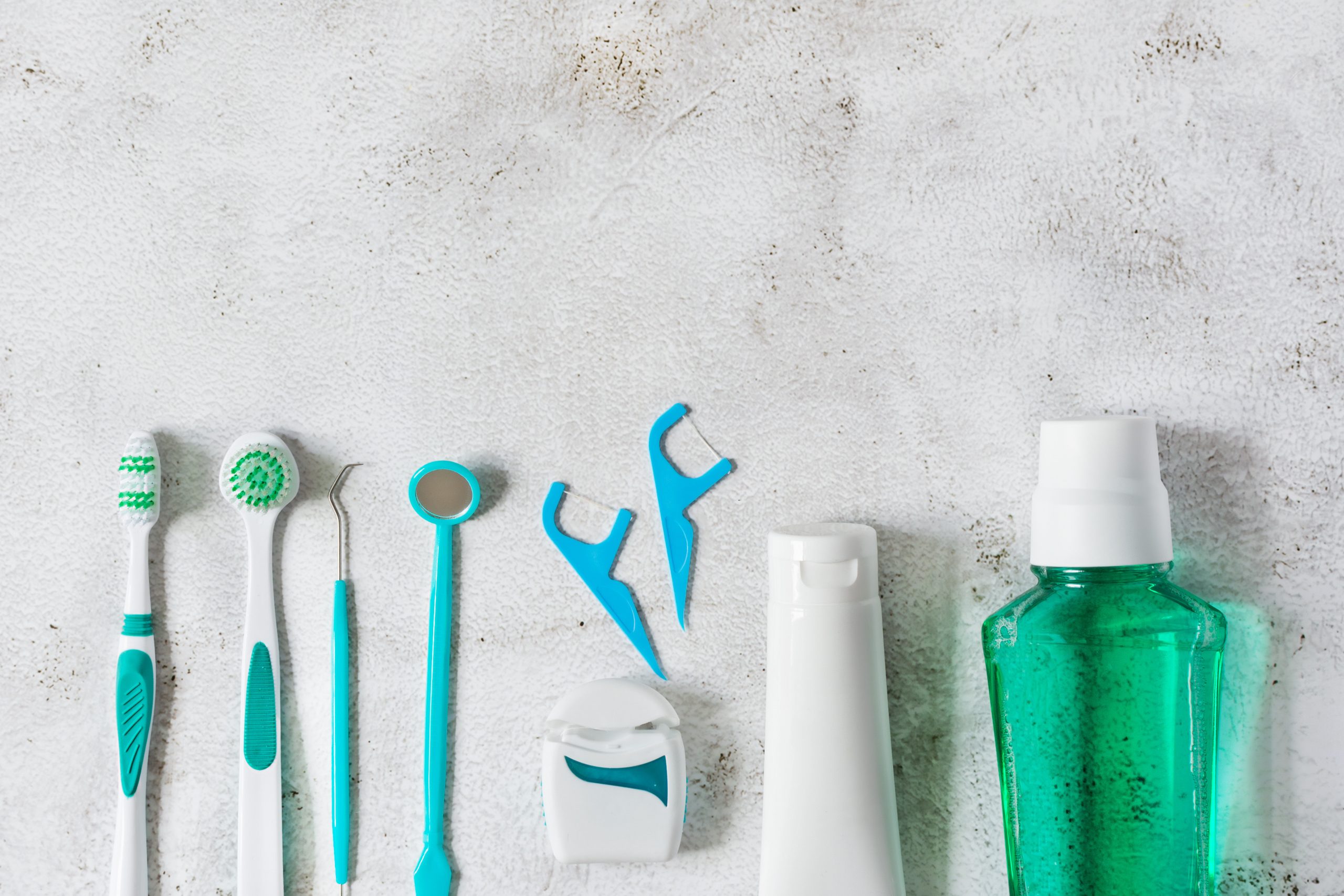Toiletries are an irregular expense in the grocery budget, so how to do you budget for these things?
When it comes to budgeting for groceries, many people wonder if toiletries should be included in the budget. The answer is yes, toiletries should be included in your grocery budget. Toiletries are essential items that you use on a daily basis and should be factored into your overall grocery expenses.
Toiletries are items such as toilet paper, shampoo, soap, toothpaste, and other personal care products. These items are necessary for maintaining good hygiene and health. While they may not be considered traditional grocery items, they are still essential household items that need to be purchased regularly.
It’s important to include toiletries in your grocery budget so that you can accurately track your overall household expenses. By factoring in toiletries, you can get a better idea of how much you are spending on household items each month. This can help you identify areas where you may be overspending and make adjustments to your budget accordingly.
Defining Toiletries
When it comes to budgeting for groceries, it’s important to understand what exactly falls under the category of “toiletries.” Generally speaking, toiletries are personal care items that are used on a daily or regular basis to maintain hygiene and appearance. These items can include:
- Toothpaste
- Soap
- Shampoo and conditioner
- Deodorant
- Razors and shaving cream
- Toilet paper
- Tissues
- Feminine hygiene products
- Mouthwash
- Lotion
- Sunscreen
While some of these items may be considered more essential than others, they are all important for maintaining personal hygiene and health. It’s also worth noting that some toiletries may be considered more expensive than others, so it’s important to prioritize based on your individual needs and budget.
When creating a grocery budget, it’s important to consider the cost of toiletries in addition to food items. Depending on your household size and personal needs, toiletries can account for a significant portion of your overall grocery budget. By understanding what falls under the category of toiletries and prioritizing your needs, you can create a budget that works for you and your family.
Understanding Grocery Budgeting
Grocery budgeting is an essential aspect of managing your finances. It involves creating a plan for the amount of money you will spend on food items for a specific period, usually a week or a month. However, determining what items are included in your grocery budget can be a bit tricky.
Typically, grocery budgets include food items such as fruits, vegetables, meat, dairy products, grains, and snacks. However, it is essential to note that other items such as toiletries, cleaning supplies, and pet food may or may not be included in your grocery budget, depending on your spending habits and priorities.
When creating a grocery budget, it is crucial to consider all of your household needs, including non-food items. Toiletries such as toothpaste, shampoo, and soap are essential items that you need to budget for each month. These items may not be as expensive as food items, but they can add up over time.
One way to ensure that you include toiletries in your grocery budget is to create a separate category for them. This way, you can keep track of how much you are spending on non-food items and adjust your budget accordingly. Another option is to purchase toiletries in bulk or take advantage of sales and discounts to save money.
In conclusion, understanding grocery budgeting is crucial for managing your finances effectively. When creating a grocery budget, it is essential to consider all of your household needs, including non-food items such as toiletries. By doing so, you can ensure that you are sticking to your budget and making the most of your money.
Should Toiletries Be Included in Grocery Budgeting?
One of the most common questions when it comes to budgeting for groceries is whether or not toiletries should be included in the budget. Toiletries, such as shampoo, soap, and toothpaste, are essential items that we use on a daily basis, but are they considered groceries?
There is no right or wrong answer to this question, as it ultimately depends on your personal preferences and budgeting goals. Some people prefer to include toiletries in their grocery budget, while others choose to create a separate budget for these items.
One argument for including toiletries in your grocery budget is that they are often sold in the same stores as groceries. This means that you can purchase your toiletries at the same time as your groceries, which can save you time and money on transportation costs.
On the other hand, some people prefer to create a separate budget for toiletries because they can be more expensive than groceries. For example, a bottle of shampoo or a tube of toothpaste can cost significantly more than a loaf of bread or a carton of eggs.
Ultimately, the decision to include toiletries in your grocery budget comes down to your personal preferences and budgeting goals. If you prefer to keep all of your expenses in one budget, then including toiletries in your grocery budget may be the best option for you. However, if you want to keep your grocery expenses separate from your toiletry expenses, then creating a separate budget may be the way to go.
Factors to Consider
When deciding whether to include toiletries in your grocery budget, there are several factors to consider:
- Personal preferences: Some people prefer to keep their toiletries and grocery budgets separate, while others find it easier to combine them.
- Budget constraints: If you have a limited budget, you may need to prioritize your spending and decide which items are essential.
- Family size: The number of people in your household can affect how much you spend on groceries and toiletries.
- Types of toiletries: Some toiletries, such as toilet paper and soap, are essential items that most people include in their grocery budget. Other items, such as makeup and skincare products, may be considered more of a luxury.
Ultimately, the decision to include toiletries in your grocery budget will depend on your personal circumstances and priorities. It’s important to create a budget that works for you and your family, and to make adjustments as needed based on your changing needs and financial situation.
Tips for Managing Toiletry Expenses
Managing toiletry expenses can be challenging, but with a few tips and tricks, you can save money and stay within your budget. Here are some helpful tips:
- Buy in bulk: Purchasing toiletries in bulk can save you money in the long run. Consider buying larger sizes of shampoo, conditioner, body wash, and other items that you use regularly.
- Look for sales: Keep an eye out for sales and discounts on toiletries. Check weekly ads and online deals to find the best prices.
- Use coupons: Coupons can help you save money on toiletries. Look for coupons in newspapers, online, and in-store. Some stores also offer digital coupons that you can load onto your loyalty card.
- Try generic brands: Generic brands of toiletries can be just as effective as name-brand products, but at a lower cost. Give them a try and see if you can save money without sacrificing quality.
- Use less: Using less of a product can help it last longer, which can save you money in the long run. For example, you may not need as much shampoo or toothpaste as you think.
By following these tips, you can manage your toiletry expenses and stay within your budget. Remember, every little bit helps when it comes to saving money.
Conclusion
After researching and analyzing the topic, it’s safe to say that toiletries should be included in the grocery budget. While toiletries are not food items, they are essential for maintaining personal hygiene and cleanliness, which are important for overall health and well-being.
Many people overlook the cost of toiletries when creating their grocery budget, but it’s important to factor them in. Depending on your household size and personal needs, toiletries can add up to a significant expense each month.
By including toiletries in your grocery budget, you can ensure that you have enough funds to cover all necessary items. It’s also helpful to keep track of how much you spend on toiletries each month to adjust your budget accordingly.
Overall, toiletries should be considered an essential part of the grocery budget. By planning ahead and budgeting for these items, you can ensure that you have everything you need for a healthy and hygienic lifestyle.

